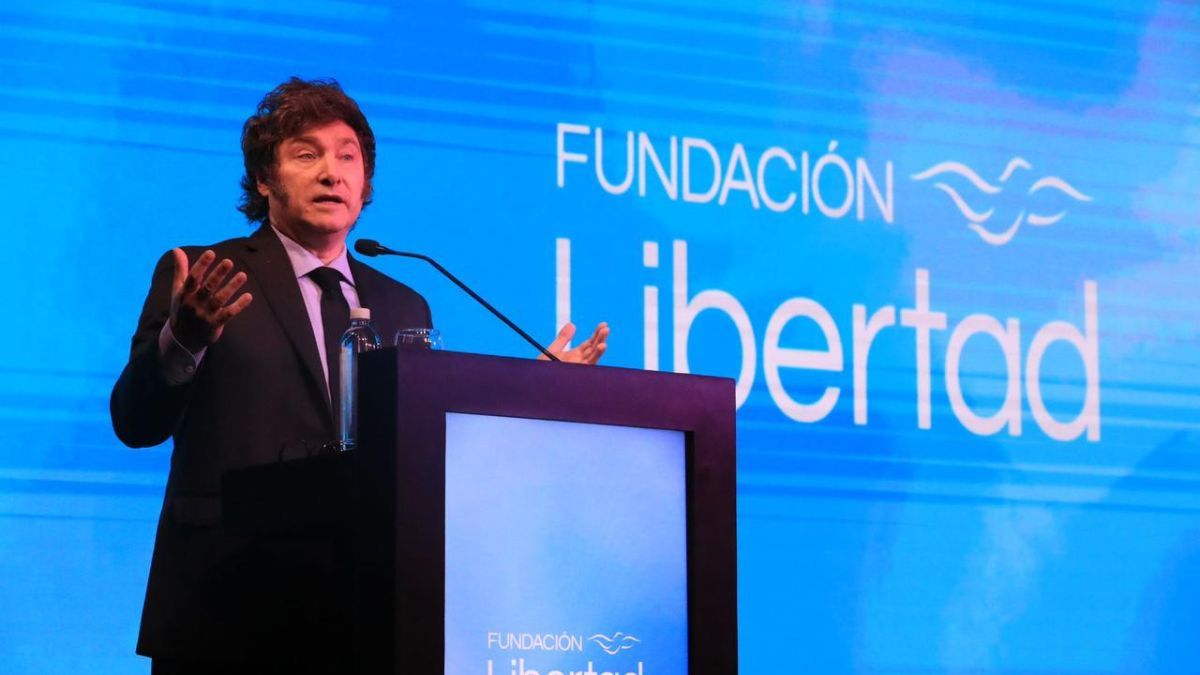Image: colourbox.de
German exports to numerous Russian bordering countries also rose sharply in the first quarter, which according to experts confirms the suspicion that sanctions are being circumvented. Exports to Kyrgyzstan, for example, grew by around 949 percent from January to March compared to the same period last year to a good 170 million euros, according to a Reuters analysis based on preliminary data from the Federal Statistical Office. Exports to other former Soviet republics such as Georgia (+92 percent), Kazakhstan (+136 percent), Armenia (+172 percent) and Tajikistan (+154 percent) also increased exceptionally. At the same time, German deliveries to Russia fell by more than 47 percent.
Experts suspect that goods that are actually on the EU sanctions list because of the war against Ukraine end up in Russia via these countries. “Clearly, these must be bypass deals,” said trade expert and President of the Austrian Institute for Economic Research (Wifo), Gabriel Felbermayr, to the Reuters news agency. “How else could such growth rates be explained?” The export of goods “Made in Germany” to many of these countries had already increased extraordinarily sharply over the past year. For example, business in Kyrgyzstan increased more than sixfold in 2022.
Growth particularly in motor vehicles and accessories
“Armenia, Belarus, Kazakhstan and Kyrgyzstan are in a customs union with Russia,” explained Felbermayr, who headed the Kiel Institute for the World Economy (IfW) until 2021. “That means they have a common customs regime vis-à-vis third countries. What goes from the EU to Kyrgyzstan can be resold from there to Russia without further controls and customs duties.” Exports of motor vehicles and motor vehicle parts to Kyrgyzstan grew particularly strongly, soaring by 4,129 percent to more than 84 million euros. Metal products, chemical products and clothing also increased by more than 1,000 percent each, and machinery by around 752 percent.
German exports to Turkey also increased at an above-average rate in the first quarter, by almost 37 percent to almost 8 billion euros. For comparison: Total German exports only increased by 7.4 percent. The EU has a customs union with Turkey. “Industrial goods can thus travel duty-free from the EU to Turkey,” explained Felbermayr. “But because Turkey is not going along with the EU sanctions – which is a real problem in a customs union – EU goods are exported from there to Russia. That can hardly be prevented.” This also applies to imports from Turkey: These could contain Russian preliminary products or components to a considerable extent without the EU being able to do much about it, said Felbermayr.
Additional measures
German finance minister Christian Lindner said in Brussels on Tuesday ahead of consultations with his European counterpart that additional measures needed to be considered to stop sanctions being circumvented. There are countries that continue to supply products to Russia and benefit from circumventing the sanctions. “That cannot be accepted,” said the FDP politician. The pressure on Russia must be kept up. “We’re working on that.”
more from economy




